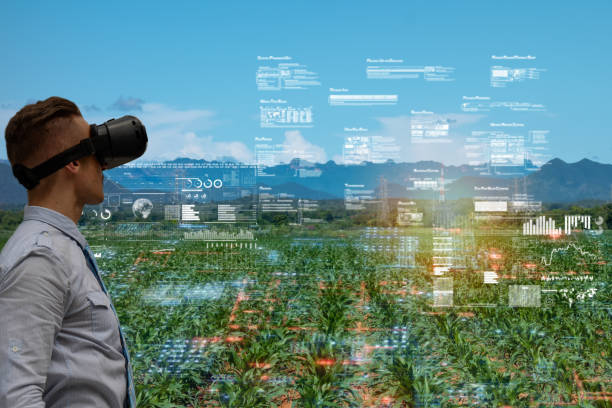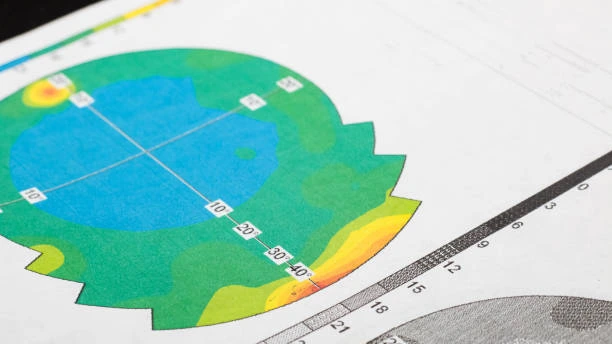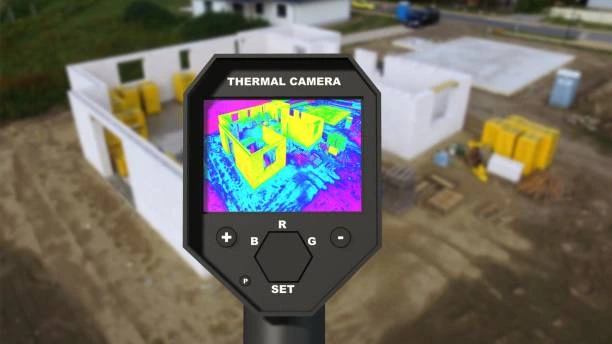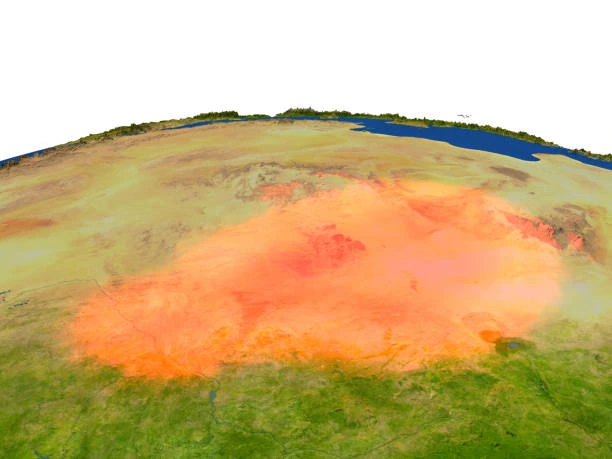Course Overview
This course is designed to provide participants with a comprehensive understanding of how Geographic Information Systems (GIS) and Python programming can be applied in agricultural contexts. The course will cover essential GIS concepts, Python programming skills, and their practical applications in agriculture, including precision farming, crop monitoring, soil analysis, and more. Participants will gain hands-on experience through practical exercises and projects.
Course Duration
10 Days
Who Should Attend
- Agricultural professionals and researchers looking to enhance their technical skills.
- GIS specialists interested in applying their knowledge to the agricultural sector.
- Data analysts and scientists working in agriculture.
- Agronomy students and educators.
- Farmers and agribusiness professionals seeking to leverage technology for better decision-making.
- Anyone interested in the intersection of technology and agriculture.
Course Objectives
By the end of this course, participants will be able to:
- Understand the basic concepts and principles of GIS and Python.
- Apply GIS techniques to agricultural problems and decision-making.
- Use Python programming to automate data analysis and processing tasks.
- Integrate GIS and Python for spatial data analysis in agriculture.
- Develop applications for precision agriculture, crop monitoring, and soil analysis.
- Analyze and visualize agricultural data to support informed decision-making.
- Work with remote sensing data and other geospatial datasets relevant to agriculture
Course Outline
Module 1: Introduction to GIS for Agriculture
- Overview of GIS concepts and tools
- Applications of GIS in agriculture
Module 2: Introduction to Spatial Data Types and Sources
- Types of spatial data (vector, raster)
- Coordinate systems and projections
- Data acquisition and sources for agriculture (e.g., remote sensing, field data)
Module 3: Getting Started with Python for GIS
- Basics of Python programming
- Python libraries for GIS (e.g., GeoPandas, Shapely)
- Setting up the Python environment for GIS projects
Module 4: Spatial Data Collection and Management
- Techniques for collecting agricultural spatial data
- Managing and organizing spatial datasets
- Introduction to spatial databases
Module 5: Mapping Agricultural Data with GIS
- Creating and interpreting agricultural maps
- Visualizing spatial data using GIS tools
- Customizing map layouts and symbology for agriculture
Module 6: Analyzing Agricultural Data with Python
- Spatial analysis techniques for agriculture
- Automating analysis workflows using Python scripts
- Case studies of Python-based agricultural analysis
Module 7: Land Use and Crop Monitoring
- GIS techniques for land use planning and optimization
- Monitoring crop health and yield using spatial data
- Integrating remote sensing data with GIS for crop monitoring
Module 8: Resource Management in Agriculture
- Applying GIS and Python for resource allocation (e.g., water, soil)
- Techniques for sustainable resource management
- Case studies of GIS-based resource management in agriculture
Module 9: Precision Agriculture with GIS and Python
- Concepts of precision agriculture
- Using GIS and Python for precision farming practices
- Analyzing spatial variability in agricultural fields
Module 10: Data Visualization and Reporting
- Advanced techniques for visualizing agricultural data
- Creating interactive maps and dashboards with Python
- Reporting and communicating agricultural findings
Module 11: Project Work: GIS and Python in Agricultural Applications
- Hands-on project to apply learned skills
- Designing and implementing a GIS-based agricultural analysis
- Presenting project results and findings
Customized Training
This training can be tailored to your institution needs and delivered at a location of your choice upon request.
Requirements
Participants need to be proficient in English.
Training Fee
The fee covers tuition, training materials, refreshments, lunch, and study visits. Participants are responsible for their own travel, visa, insurance, and personal expenses.
Certification
A certificate from Ideal Sense & Workplace Solutions is awarded upon successful completion.
Accommodation
Accommodation can be arranged upon request. Contact via email for reservations.
Payment
Payment should be made before the training starts, with proof of payment sent to outreach@idealsense.org.
For further inquiries, please contact us on details below:






